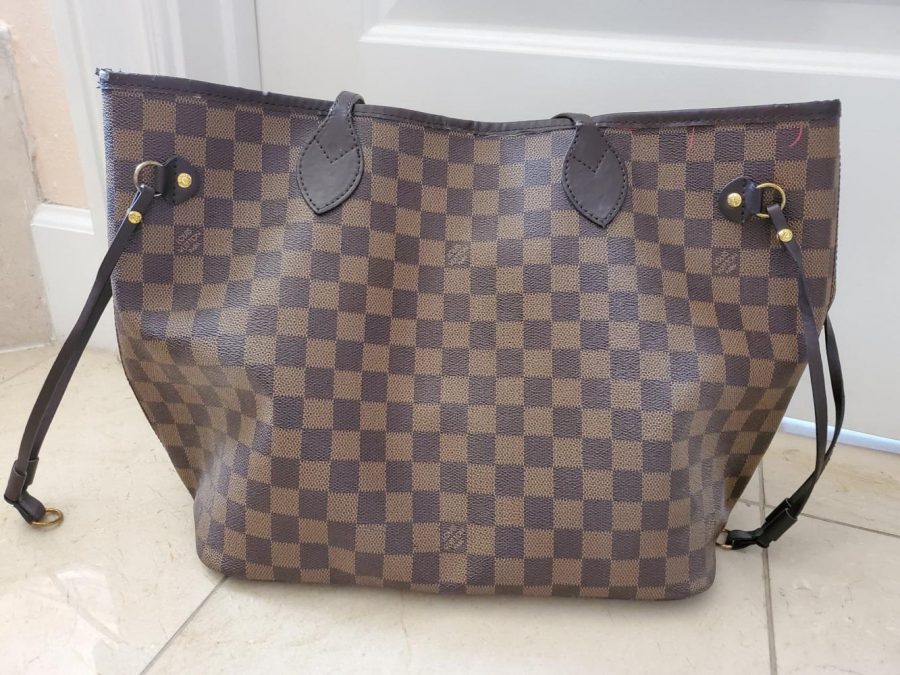Gucci purses and Louis Vuitton wallets can be found at a steep discount on many street corners throughout Manhattan. The accessibility to these goods and their low prices that are incessantly heralded by the merchants can make it tempting to spend the money on one of these counterfeit luxury items, especially since these goods cost a cool $1,500 or more.
According to a report released last year by the Harvard Business Review, the counterfeit industry is estimated to be worth around $4.5 trillion, with the counterfeit luxury market comprising 60% to 70% of the entire counterfeit industry’s net worth. With counterfeit goods — especially coveted items from luxury brands — accessible on several streets throughout the city, NYU students are bound to have opinions on the ethics of supporting this black market.
CAS junior Vera Gorlacheva believes consumers who want to purchase counterfeit goods should, but notes how the production of these items is a form of stealing.
“I have nothing against people who choose to purchase such items. However, I do despise the industry as a whole. First of all, it is an act of stealing intellectual property, which is equivalent to any other type of theft in my opinion,” Gorlacheva said. “And if we are talking about counterfeit makeup it’s also important to acknowledge the fact that these companies are using extremely low-quality ingredients, which can sometimes be toxic and really dangerous for the consumer.”
In fact, the software company MarkMonitor found that 32% of participants in a 2017 study have purchased counterfeit makeup without prior knowledge that the products were fake. When discovering that these products were fake, 34% of the study’s participants experienced an adverse reaction to the makeup.
Considering the ethics and harmful effects that products from this market have had on consumers, Courant Ph.D. student Ondrej Maxian is completely against the selling of counterfeit goods.
“I mean … it’s obviously bad. You know the guys on the streets are selling fake scarves and stuff. I don’t like it,” Maxin said.
On the other hand, students such as Stern junior Arseniy Dolgin remain neutral in the debate regarding the ethics of the counterfeit goods industry.
Dolgin devoted a class project to this black-market industry and shares his findings from his research.
“The question of counterfeit and knock-offs has been explored in depth by award-winning economists,” Dolgin said. “Several points of view that allow the debate over counterfeits to go on are: Counterfeit[s] can serve as a good signal for the luxury market – if your product is not being counterfeited, it is not popular […] Counterfeits increase the popularity of a model or brand, which to a certain extent plays well for the brand, unless the model is counterfeited so often that it loses presumption of innocence — everyone assumes it is fake.”
Since Gen Z consumers tend to inform themselves about how the products they wish to purchase are made, it is not a surprise that NYU students do not find purchasing counterfeit goods to be ethical, yet regardless, the NYC counterfeit frenzy will continue nonetheless.
Email Sara Miranda at [email protected].























































































































































